Founder
6148
0
0
“Unlike other professions, law practice is mostly regional and for those aspiring to have a more International appeal, they could, besides pursuing an LLM abroad, consider taking the Bar exams and qualifying in other jurisdictions such as UK, US or Singapore.” – Mohammed Shadaan Saipillai, Founder & Partner at Calibre Legal.
This interview was taken by SuperLawyer Team
Posted on April 15, 2025
This interview has been published by Anshi Mudgal and The SuperLawyer Team
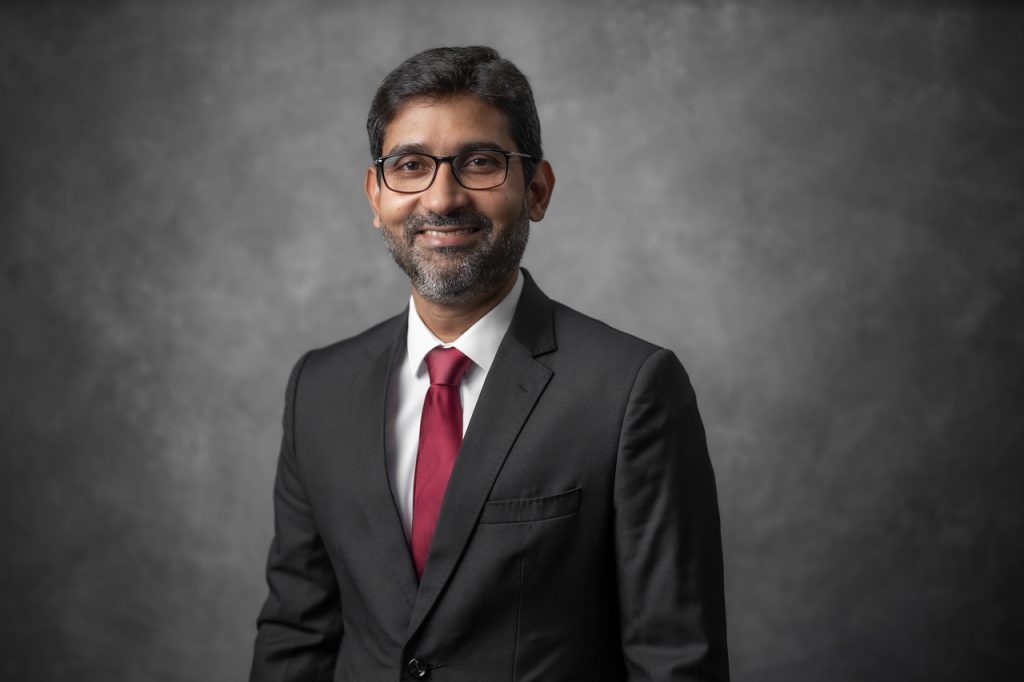
Having over two decades of experience and initially coming from a commerce background, what inspired you to pursue a career in law? How has your commerce degree influenced and complemented your legal career?
It was because of my commerce degree and my evolved liking towards company and commercial law modules, that I decided to pursue law. Pursuing law degree was never in the scheme of things until the final year of my commerce degree in the year 1997. While my friends were wanting to make progression by pursuing MBA, I chose to be different and decided to tread the uncharted territory. I aspired to become a first-generation lawyer and started preparing for the law entrance exam with a lot of dedication. To be able to compete with thousands of law degree aspirants and to successfully pass the entrance examination in the open category, made me more confident in pursuing law as my career. By pursuing a full time 3-year commerce degree from The New College, University of Madras and thereafter, 3-year law degree from Government Law College, Madras, I believe I was able to take advantage of both the degrees to full extent. Further, my law degree helped me learn company and commercial law modules in greater detail with in depth learning of not just the statutes but also the jurisprudence behind them as well as the settled judicial precedents.
Your LLM in International Finance from Queen Mary University of London undoubtedly played a pivotal role in shaping your approach to corporate law. How did this advanced education enhance your ability to advise multinational clients on cross-border financial and regulatory matters? What made you choose Queen Mary University, considering its prestigious reputation?
I completed my law degree and enrolled in 2001. My plan initially was to join a good senior counsel to learn and practice on the litigation side. I joined the office of Mr. G. Masilamani, Former Advocate General of Tamil Nadu and Addl. Solicitor General of India. After two years of litigating in courts, I joined a leading National law firm (Chennai office) in the year 2003 to pursue my interest in corporate and commercial law practice. Although I was harbouring the desire to pursue my Master of Laws (LLM), I was too busy working and got around to take the bold decision much later in 2010. I had already put in over 9 years of experience and was a Senior Associate in the law firm. It was a strategic decision for me to pursue LLM to get out of my comfort zone and better my chances of being promoted to Partner position. Pursuing LLM at Queen Mary University of London (QM) was one the best decisions that I made. I chose QM for many reasons including: (i) it is one among the Russel Group of Universities, (ii) highly ranked for law, (iii) renowned faculty, and (iv) centrally located in London. The whole experience living in London and learning from the best faculty was a rewarding experience. And when I returned to India, equipped with an LLM from QM and based on my past work experience, I found there were a lot more opportunities with other National law firms coming my way. Fourteen years later, LLM degree still comes in very handy especially when working on cross border mandates dealing with foreign counsels including inhouse General Counsels (GC’s) as it adds to the credibility and enhances the international appeal. As more and more Indian organisations look at expanding their businesses abroad, I am able to benefit domestic clients seeking assistance in foreign jurisdictions through leveraging on the foreign lawyer contacts across the globe developed at QM.
Throughout the early stages of your career, you gained invaluable experience working with both national and international organizations. Can you share some of the defining moments or key experiences that significantly contributed to your deep understanding of the law and propelled your career to such remarkable heights?
Be it working with Senior Counsel as a junior advocate, to working for leading law National firms as Partner, to working in the US for a top tier firm for a few months, each and every experience has been a great learning experience for me. Working for Holland & Knight LLP in Atlanta, Georgia, as a foreign lawyer trainee, afforded me the opportunity to work within a team of 30 lawyers on a large M&A transaction. This opportunity gave me a deep insight on the hard-working culture among lawyers in the US. Through my experiences spanning 24 years working for law firms to eventually founding Calibre Legal, I believe I have done the full circle and I have learnt important values including adhering to good professional ethics, hard work and client satisfaction.
As the Founder and Managing Partner of Calibre Legal, you have not only built a successful law firm but also positioned it as a leader in the industry. What motivated you to take the bold step of starting your own firm, and how have you witnessed the legal landscape evolve, particularly in Chennai?
Having joined a law firm in 2003 when the concept of law firms was at a nascent stage in Chennai, I have witnessed the evolution of the legal landscape from close quarters. Chennai clients were predominantly relying on senior counsels and individual litigating practitioners. However, this scenario has changed leaps and bounds. With newer legislations including amendments to existing statutes, coming into force and with the focus shifting towards compliance and good corporate governance, clients are realising the importance of seeking legal advise prior to entering into any transaction to protect themselves from future litigation rather than approaching an advocate when they have already landed in legal issues. Further, the clients are increasingly realising the importance of working with a team of lawyers in a law firm enabling them to avail end to end legal support across diverse practice areas. As regards starting Calibre Legal, having already put in 18 years of experience and with a passion to provide National law firm standard legal service in a boutique set up to the MSME sector companies, I believed that it was the right time to set up Calibre Legal in the year 2019. Our founding principles are (i) Responsive – emphasising on client satisfaction embracing high levels of Partner accessibility and responsiveness, (ii) Resourceful – engaging dedicated professionals to achieve client objectives, and (iii) Reliable – building strong client relationships through providing commercially oriented reliable legal solutions. Our focus is always on our clients and their expectations and due to their invaluable testimonials, Calibre Legal has been ranked in the recent past by leading International agencies such as India Business Law Journal (IBLJ), Asian Legal Business, Legal 500 and Chambers and Partners.
As a qualified Solicitor of the Supreme Court of England and Wales, your dual qualification is a testament to your exceptional legal acumen. How has this unique qualification enhanced your ability to advise clients across multiple jurisdictions, and how do you navigate the complexities of bridging the differences between Indian and English legal systems in your practice?
London is a leading jurisdiction for International arbitration involving International Chamber of Commerce Rules of Arbitration and is relevant in cross border transactions. Being dual qualified helps significantly especially considering my desire to collaborate with UK based solicitors and barristers to help domestic clients seeking appropriate recourse in the UK. Considering the commonality in common law jurisdiction plus with an LLM degree from the UK, qualifying as a UK solicitor was a natural choice. And because of this qualification, I am not just assisting domestic Indian companies with cross border transaction but also being retained by middle-east based organisations to assist with resolution of International commercial disputes.
You’ve advised high-profile clients such as Firstinsight Technologies and GP Strategies, guiding them through India’s intricate regulatory framework. Can you share some of the key challenges you faced while helping these multinational corporations establish operations in India and how you effectively navigated these challenges with your vast expertise?
One of the significant concerns for any multinational company (MNC) is to be able to navigate through the complex legal landscape in India. Typically, the GC or inhouse legal team of any MNC would reach out to a law firm in the local jurisdiction to advise them in relation to, amongst others, the foreign direct investment, tax implications, the various RBI compliances, reviewing employment law contracts and policies from an India law perspective. Assisting MNC’s in relation to setting up operations in India are one of the Firm’s core practice area. With our vast experience in hand holding MNC’s, we are able to anticipate their concerns and queries and are able to provide them the right legal advise and assistance. Labour and Employment laws is another area of concern as an organisation cannot simply hire and fire an employee who is in the workman category. For one of our MNC clients looking to terminate the services of an employee suspected of financial irregularities, we assisted them through providing them end to end legal support in drafting a detailed show cause notice, advising them on the due process and until the employee voluntary resigned from employment. This was a sensitive matter for them and we were advising their HR team based out of Singapore and the GC based in the US in addition to the key officials based in India.
One of your significant client mandates involved advising RX Ventures LLC in relation to a commercial dispute with an Indian entity. Given your exceptional track record in dispute resolution, what were the primary challenges in this project, and how did you utilize your expertise to address these effectively, ensuring a successful outcome?
Dispute Resolution and litigation is another core area of our practice. The way we approach litigation is that we use it as a last resort to get the parties to the negotiating table to resolve their dispute. No client, particularly an International client, wishes to engage in protracted litigation as it is time consuming and expensive. When RX Ventures LLC (RXV), which is a US based company, approached us to recover a substantial sum of money outstanding from an Indian entity, we advised them on the recourse available including under the Insolvency and Bankruptcy Code and under the Commercial Courts Act. These laws are a big boon to businesses and ensure that the disputes are resolved in a time bound manner. Based on the circumstances of the case, we advised RXV regarding initiating proceedings under the Commercial Courts Act (Act) and filed an application for Mediation under the Act. The Mediation process went on for 3 months and at the end of it, the parties reached a settlement and the settlement money was recovered by our Client in less than 6 months. Our client had initially thought that it would take several years to recover the money and was pleasantly surprised at how quickly he could recover the outstanding payment.
As a respected member of both the Bar Council of Tamil Nadu and The Law Society in the UK, your career has undoubtedly set a high standard for others to follow. What advice would you give to aspiring law students who dream of achieving an international legal career like yours? What resources do you rely on to stay ahead of industry developments, ensuring that your knowledge remains cutting-edge?
Aspiring law students must bear in mind that law practice is akin to playing a test match cricket as opposed to a T20 game. There are no short cuts and they must be prepared to put in a lot of hard work and work towards learning the nuances of the profession and law with patience and perseverance in order to achieve success. Unlike other professions, law practice is mostly regional and for those aspiring to have a more International appeal, they could, besides pursuing an LLM abroad, consider taking the Bar exams and qualifying in other jurisdictions such as UK, US or Singapore. As regards keeping oneself abreast with legal developments, in addition to updating oneself on case laws, it would help to subscribe to various International legal directories including IBLJ, Legal 500, Chambers and Partners, Legal Era and Mondaq. With the increasing role of Artificial Intelligence, research has become a lot easier but it is important to take time out to read and update oneself.
Balancing the demands of a highly successful legal career with personal life is no small feat. Your ability to thrive in both areas is truly inspiring. How do you manage to maintain a healthy work-life balance while ensuring that both your professional commitments and personal life are equally prioritized?
Rather than work-life balance, I like to call it work-life integration. It is all about prioritising on what is important at that point in time and giving your 100% to the task at hand. In addition to work and family, it is important for legal professionals to ‘externalise’ themselves that includes attending and speaking at conferences and being part of networking organisations as these help with building client contacts. Further, I strongly believe in the ‘Givers Gain’ philosophy that only when you give back to the society generously – whether it is time, knowledge or support, you ultimately receive more in return. I have recently founded and working towards strengthening ‘Startup LEAP’, which is a non-profit legal aid programme to help provide information and guidance to those beginning their entrepreneurial journey. I also volunteer my time at Anjuman-E-Himayath-E-Islam, which is an orphanage with over 800 children and also serve as part of the leadership team in a couple of social organisations including my alma mater, Don Bosco Egmore school alumni association.
Get in touch with Mohammed Shadaan Saipillai –
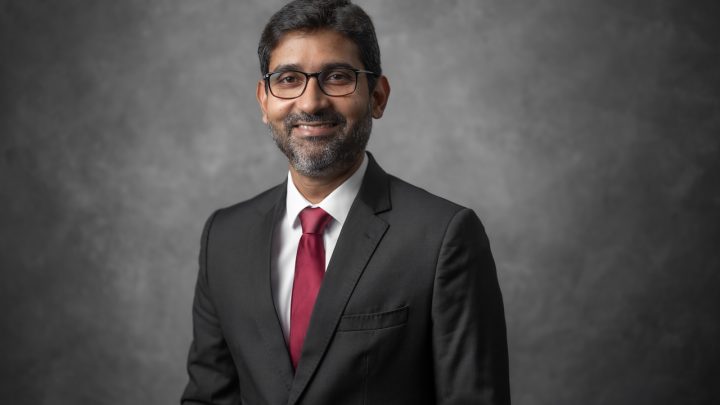
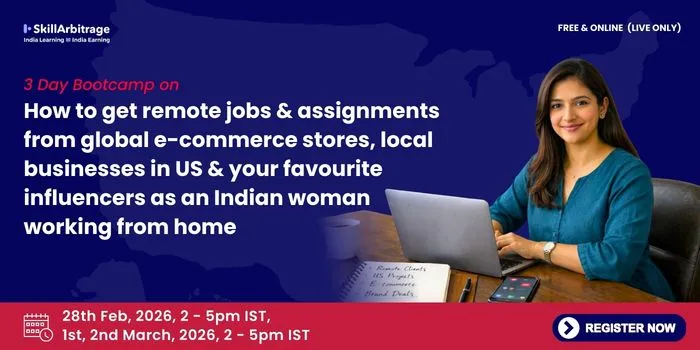
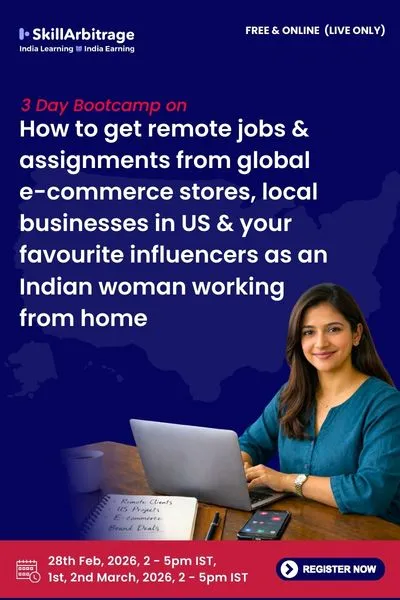

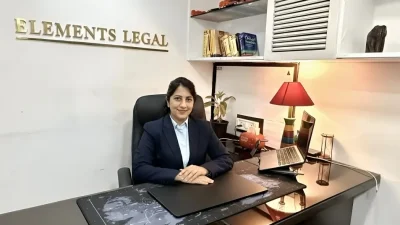


No comments yet
Be the first to share your thoughts about this interview.